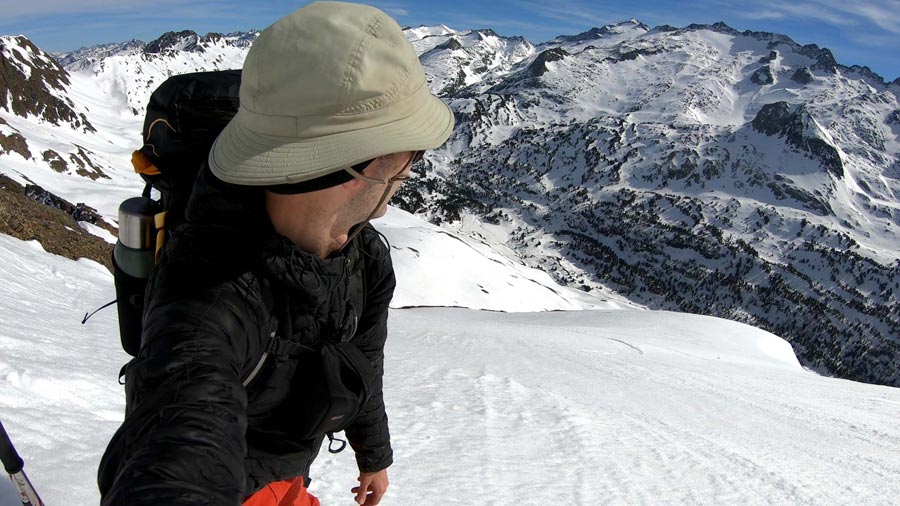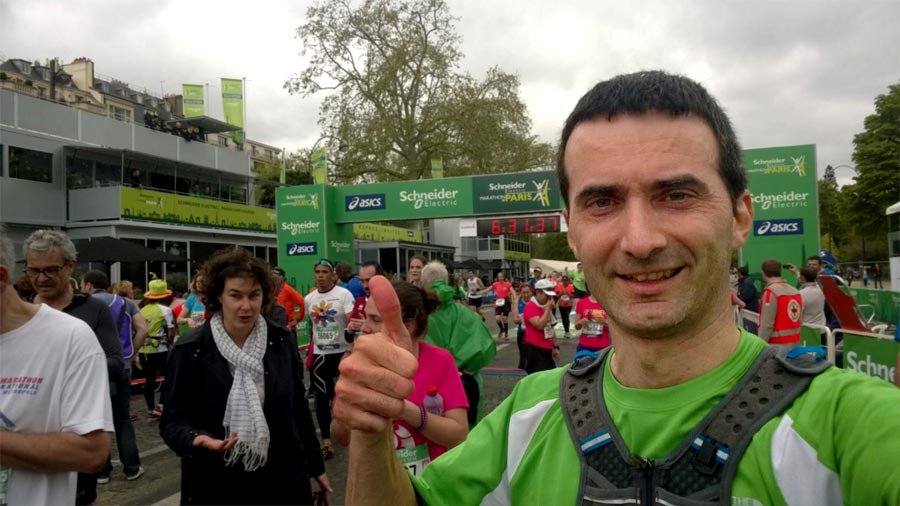Founding Letter
Dear reader,
I'd like to introduce you to a new research endeavor born out of personal experience and professional passion. Please join me as I embark on this scientific journey.
My name is David García, and I am a software and Deep Learning (DL) engineer. Since 1992, I've also been living with a diagnosis of Ulcerative Colitis (UC), one of the conditions that fall under the Inflammatory Bowel Disease (IBD) umbrella. Over the past 30 years, I've experienced three flare-ups, each requiring hospital stays ranging from 5 to 14 days. The initial two flare-ups were managed with corticosteroids, but the last necessitated prolonged immunosuppressant use. Now, on just a minimal mesalazine dosage, I've enjoyed over three years of good health, validated by colonoscopy and blood tests.
During my remission periods, I've often noticed a lack of clinical emphasis on nutrition and lifestyle as potential UC treatments. Current IBD therapies predominantly focus on suppressing immune responses, which comes with notable risks and unwanted side effects. Moreover, the efficacy of these drugs remains incomplete, which underscores the need for alternative therapies. Historically, research on dietary and lifestyle interventions for IBD has not been as heavily invested in as pharmacological approaches. While there's evidence to support certain restrictive diets, such strategies aren't viable for me. Allow me to elaborate.
I'm deeply passionate about two activities in my spare time: marathon running and mountaineering. These aren't just hobbies; they're extreme physical challenges demanding rigorous training and robust nutrition. A well-balanced diet naturally boosts athletic performance and minimizes injury risk, but for me, I also believe it has been instrumental in positively influencing the course of my UC over the years. Balancing high-intensity sports with my IBD condition has driven me to prioritize my dietary choices. My focus has consistently been on consuming a diverse range of fresh and unprocessed foods, including various poultry, fish, and, on occasion, red meat. Moreover, I emphasize a high intake of fiber, fruits, vegetables, and legumes, and I consciously avoid refined carbohydrates and processed sweets. Adopting this dietary approach has been a journey of personal growth, and the rewards, in terms of my health and well-being, have been immeasurable.
Research in the thriving field of microbiota, bolstered by data and Artificial Intelligence (AI), holds promising implications for health. When we eat, we are not merely satisfying our palate; we're also nourishing our microbiota. The composition of this microbiota plays a pivotal role in IBD. Moreover, exercise and lifestyle choices modulate the microbiota and its interaction with the immune system. It is at this juncture that my personal journey as a UC patient and my professional expertise as a software and AI/DL engineer intersect. After three decades struggling with this illness and driven by the desire to fill that void I've experienced in clinical practice, I've resolved to transition from the tech realm to the biomedical domain. I am now committed to harnessing the power of data and AI to develop robust scientific evidence, exploring the influence of nutrition and lifestyle on microbiota composition and its potential benefits for IBD patients. This letter serves as an introduction to this new chapter of my journey.
I felt it was crucial to share my personal journey to shed light on the motivations behind this research project and the scientific gap we aim to address. I am deeply committed to this endeavor, and to ensure its success, I've assembled a stellar research team equally passionate about our cause. Our team comprises specialists in Immunonutrition, Microbiology, IBD, Biostatistics, and AI from top Spanish research centers, universities, and hospitals. Together, we form a robust, multidisciplinary, and multicentric team. Our collective dream is to advance knowledge on nutritional therapies, specifically those centered on foods that enhance clinical outcomes for IBD patients without adverse side effects, thereby improving their quality of life.
Thank you for taking the time to delve into my story and our collective aspirations. For hope, health, and the pursuit of knowledge. Wishing you a wonderful life! 😉
David García Broto, MSc

David is passionate about mountaineering. He has climbed many peaks in the Pyrenees and several in the Alps, such as Montblanc and Gran Paradiso.

David also practices running and has completed marathons in the recreational category in Barcelona and Paris. He claims that running is a healthy activity and a source of inspiration and values.



